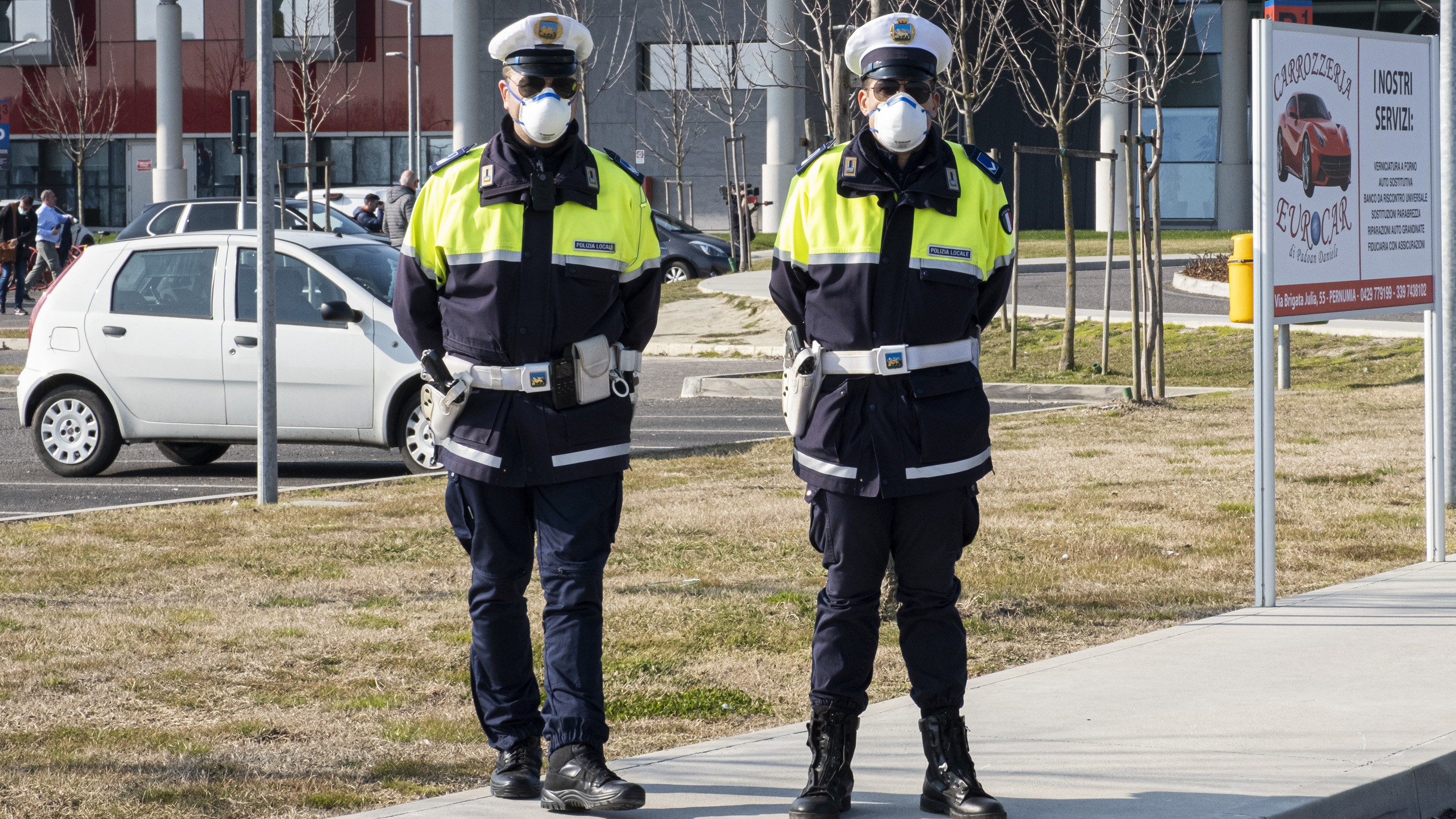
How one small Italian town cut coronavirus cases to zero in just a few weeks
The town appears to have drastically reduced coronavirus infections, reaching zero cases last week.

A small Italian town appears to have drastically reduced coronavirus infections — reaching zero cases last week — after implementing an aggressive tactic to curb spread, according to news reports.
The town, Vo Euganeo, in northern Italy, saw a cluster of cases of the new coronavirus disease (COVID-19) in the third week of February and was home to the country's first death from COVID-19, on Feb. 21, according to The Straits Times.
Following this death, the town was put on lockdown, and all 3,300 residents were tested for coronavirus, according to Sky News.
This mass testing revealed that about 3% of residents were infected with the virus, and of these, about half did not show any symptoms, according to ProMarket, the blog of the Stigler Center at the University of Chicago Booth School of Business. After two weeks of a strict lockdown and quarantine of cases, only 0.25% of residents were infected. The town isolated these last few cases and has since reopened.
Vo Euganeo has not reported any new cases since Friday (March 13), according to Sky News.
"The lesson we learned is that isolating all positive cases, whether they were sick or not, we were able to reduce transmission by 90 percent," Andrea Cristani, a professor of microbiology at the University of Padua in Italy who helped carry out the testing, told RFI.
This message echoes a recent statement from the World Health Organization (WHO). "We have a simple message to all countries — test, test, test," Tedros Adhanom Ghebreyesus, director-general of WHO, said at a news briefing Monday (March 16). "All countries should be able to test all suspected cases. They cannot fight this pandemic blindfolded."
Sign up for the Live Science daily newsletter now
Get the world’s most fascinating discoveries delivered straight to your inbox.
COVID-19 cases in the rest of Italy have soared in recent weeks. The country has reported more than 35,700 cases and nearly 3,000 deaths as of Wednesday (March 18).
- The 12 deadliest viruses on Earth
- 28 devastating infectious diseases
- 11 surprising facts about the respiratory system
Originally published on Live Science.

Rachael is a Live Science contributor, and was a former channel editor and senior writer for Live Science between 2010 and 2022. She has a master's degree in journalism from New York University's Science, Health and Environmental Reporting Program. She also holds a B.S. in molecular biology and an M.S. in biology from the University of California, San Diego. Her work has appeared in Scienceline, The Washington Post and Scientific American.










